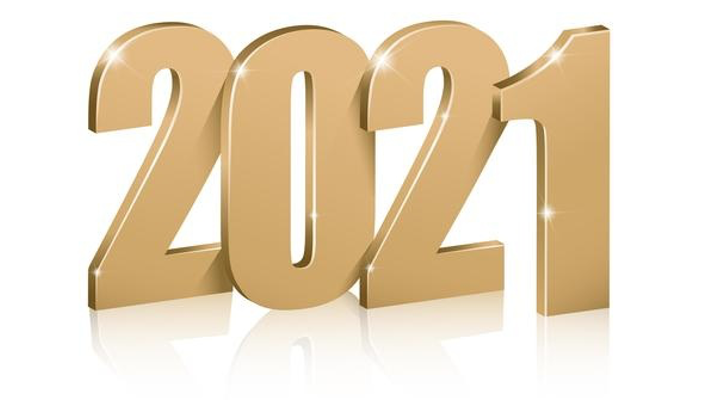YEAR IN REVIEW - It would be easy to survey the end of 2021 and see another year in wreckage. There’s the pandemic that won’t end. Rising inflation. Climate disasters. A democracy that looks creakier by the day.
And that was before West Virginia Senator Joe Manchin hit the brakes on the Build Back Better Act. In a stroke, Manchin put 10 million kids at risk of falling back into poverty, threw millions of green jobs into doubt, and set back projections of U.S. economic growth.
But let me offer an unusual comfort: At least Henry Kissinger is still alive — to see a new progressive government in Chile.
Nearly 50 years after a bloody, Kissinger-backed coup, the South American country is throwing off the shackles of the Pinochet dictatorship. Since last year’s mass demonstrations, they’ve tossed out the dictatorship-era constitution and just elected Gabriel Boric, a progressive new president who wants to build a social safety net in the famously unequal country.
Next door in Peru, voters earlier this year elected Pedro Castillo, a rural teacher and union leader, as president, defeating the daughter of a corrupt former dictator who presided over a vicious civil war.
And in Honduras, voters just handed a commanding victory to Xiomara Castro, a progressive who will also be the country’s first woman president. It’s a stunning result in a country that’s seen 12 harsh years of narco-dictatorship since a U.S.-backed coup in 2009.
Maybe this is small comfort when it feels like our own democracy is unraveling. But to me it shows that people with far less have overcome much steeper odds. And that can help us appreciate how much social movements in our own country have already accomplished.
It was movements who demanded that COVID-19 vaccines be made freely available. Even with a worrying new variant of the disease, millions of triple-vaccinated Americans are safely hugging their loved ones this holiday season thanks to them.
Together they’re unwrapping presents that were shipped in time by America’s public postal service, which was bolstered by COVID-19 relief legislation — and strong support from the public.
Relief packages like the American Rescue Plan Democrats passed this spring put more presents under the tree, too. Despite a deadly pandemic and economic crisis, measures like stimulus payments, expanded unemployment relief, and the groundbreaking Child Tax Credit actually reduced the U.S. poverty rate.
That puts workers in a much stronger position. Next year, tens of thousands of employees will get bigger paychecks thanks to an astounding year of strikes throughout the heartland. In fact, even non-union employers that oppose a federal $15 minimum wage are now posting one for starting positions. Wages have risen more in the last three months than in the previous 20 years.
And despite our political gridlock, there’s even good news on the climate front: The White House has ordered the sprawling federal government to eliminate its carbon emissions. And deep-red Nebraska has embraced a net-zero goal for carbon emissions from its electricity.
We can’t be sanguine about any of this in our political moment. But rather than despair, I’d prefer to remember the late Howard Zinn: “To be hopeful in bad times is not being foolishly romantic,” he said. “It is based on the fact that human history is a history not only of competition and cruelty but also of compassion, sacrifice, courage, kindness.”
If we remember those moments “where people have behaved magnificently,” Zinn advised, “it energizes us to act, and raises at least the possibility of sending this spinning top of a world in a different direction.”
As we spin into another year, let’s take those words to heart. Happy new year.
(Peter Certo is the editorial manager of the Institute for Policy Studies and editor of OtherWords.org.)











